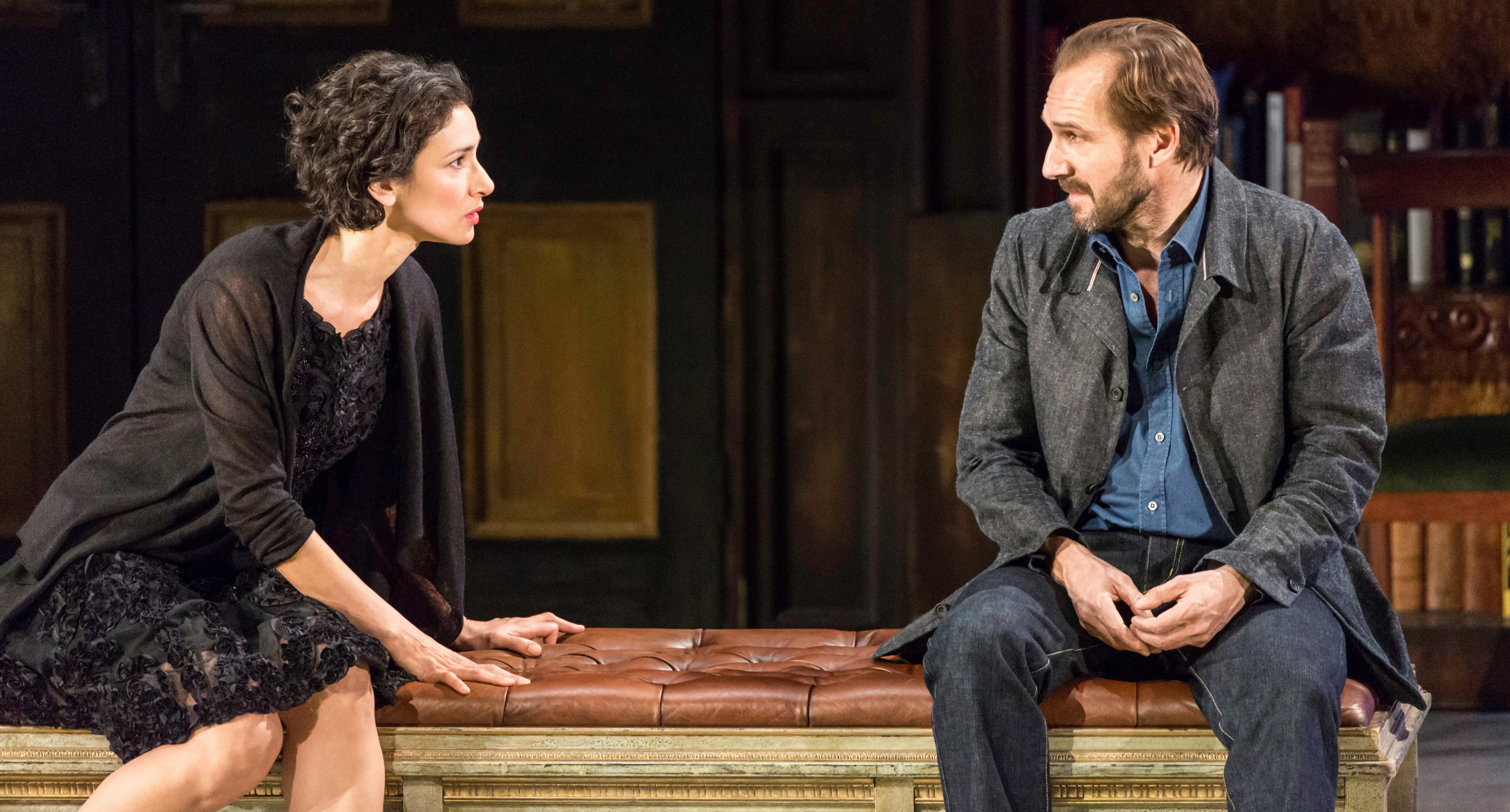
Man and Superman by George Bernard Shaw. National Theatre, London, and in HD at cinemas.
*
When this play was revived in London in 2014, most reviewers treated it as a properly neglected and discarded rarity. The Telegraph said: “Never seen the play? That’s no surprise.” The Standard reported: “Even author Bernard Shaw seemed uncertain about staging it.”
The play does not deserve such condescension. I come at it from a different direction.
To theater-lovers of a certain age, Man and Superman is a well-remembered classic we studied in high school, discussed in coffee houses during our college years, and saw on stage with Charles Laughton, Charles Boyer, Cedric Hardwicke and Agnes Moorehead. That was a long time ago, to be sure.
Because Man and Superman is a display of ideas, it worked even when the performers were far too old to appear logical as their characters. But their personalities were manifestations of Shaw himself. When college-age youths of that bygone time looked at Man and Superman we delighted in the intellectual discourses and arguments. We reveled in Shaw’s philosophical contemplation.
The play begins in the drawing room of the dignified Roebuck Ramsden. He is what 19th-century Brits used to call Liberal; he believes he’s open-minded but actually is a protector of conservative moral values. Enter Shaw’s hero, Jack Tanner, an intelligent free-thinker. With witty repartee Tanner skewers Ramsden and all the fuddy-duddies of conventional morality.
The leading lady of the play is Ann, whose father has just died. His will entrusted Ann to the joint guardianship of Ramsden and Tanner, two men who couldn’t be more different from each other.
It becomes apparent that Ann is in love with Tanner, and he is determined to avoid her because he believes all women are biologically driven to entrap men into marrying and impregnating them.
In the second act we see Tanner fleeing by car to Spain to escape the clutches of the pursuing Ann, and he’s captured by bandits commanded by a Jewish emigre named Mendoza, a former waiter at the Savoy, whom Shaw imagines as a relative of the Jewish heavyweight champion Daniel Mendoza.
Shaw devoted the third act to a dream scene. Tanner dozes and imagines he’s gone to the Hereafter and is Don Juan. He meets, of all people, the supposedly-virtuous Donna Anna from Don Giovanni. She was so intent on fighting off the Don and retaining her virginity that she caused her father’s death. That father, the Commander, reports that Hell is a much better place to be than boring Heaven.
Ralph Fiennes is a captivating Tanner, Indira Varma is Ann and Tim McMullan doubles as Mendoza and the Devil. Simon Godwin directed this rare, and fascinating, combination of comedy and philosophical debate.
Read other reviews on The Cultural Critic